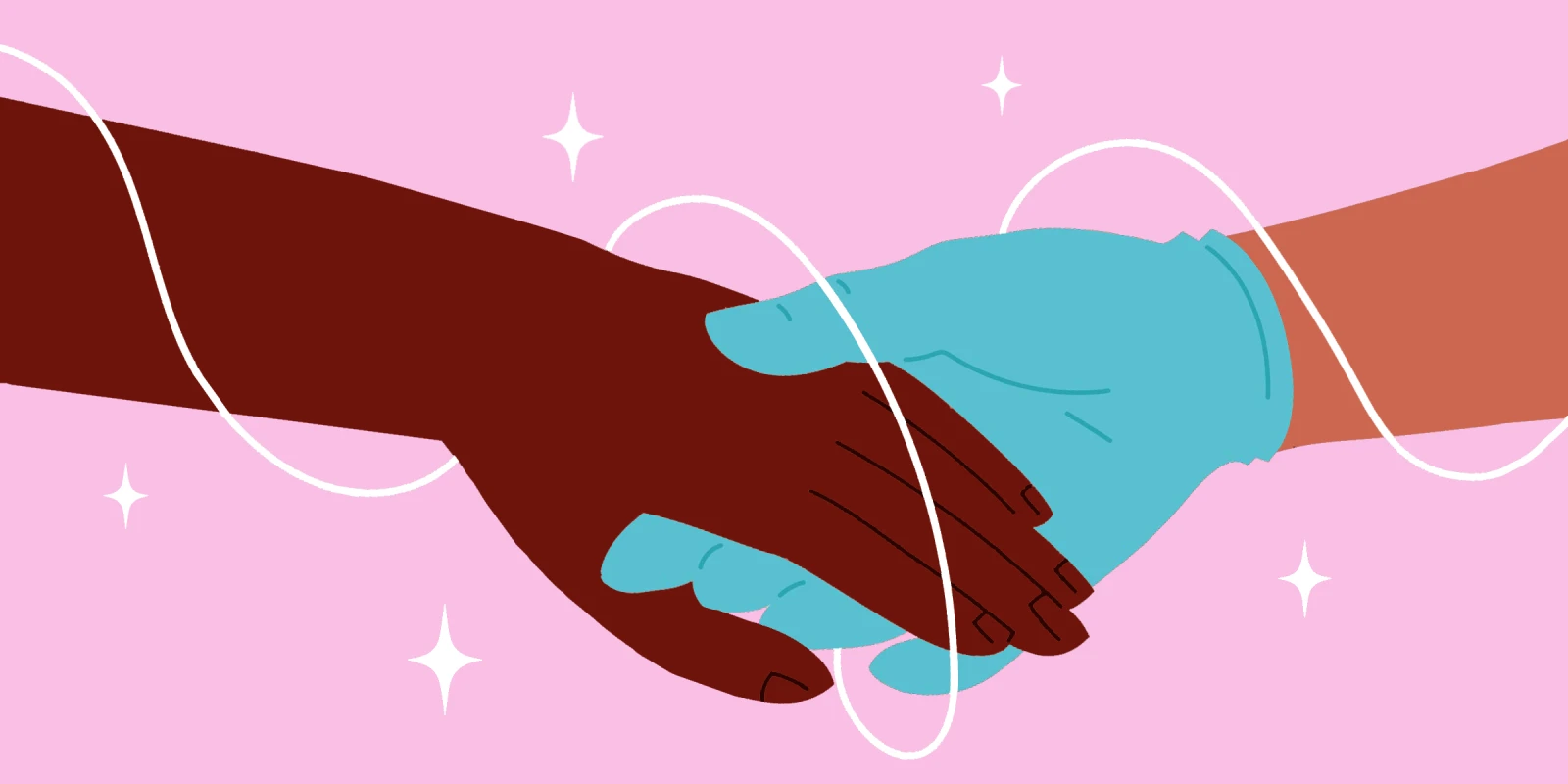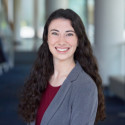A glimpse of a figure down the hall stopped me dead in my tracks. It was a regular day in my intern year of radiation oncology rotation. In the head and neck clinic shared by speech pathology, surgery, and radiation oncology, nurses bustled, ushering patients through triage and into rooms. I had just finished presenting the next patient and followed my attending, mouth still agape, into the room. Did I really just see Mr. M?
As an intern in otolaryngology, half of the year is spent on otolaryngology and half on off-service rotations. My program divides the otolaryngology blocks between the head and neck surgery service and the large community hospital service. On the surgery service, there are dozens of complex cancer patients awaiting or recovering from operations. Three months prior, during a two-month block on the head and neck service, the anesthesia intern and I spent a disproportionate amount of our time caring for our sickest patient, Mr. M. This patient came into the hospital already ill with several comorbid conditions, including platelet deficiency, that made it difficult for him to clot postoperatively. Because of his condition, he required a prolonged ICU stay and daily platelet transfusions.
Like many head and neck cancer patients, he smoked and drank alcohol excessively, complicating his ICU stay with withdrawal and ultimately necessitating a propofol drip. Delirium set in once the drip was weaned. Our daily battle against his postoperative complications, altered mental status, wound care, nutritional challenges, and familial expectations took a toll on the team. When he transferred to the floor, only to return to the ICU days later, my co-intern and I reflected on how hard it was to believe that he would ever leave the hospital. Yet, after a month of care, we did eventually discharge Mr. M, cured of his cancer but in critical need of acute rehabilitation.
This was the first patient I truly feared would die in my care. He was extremely sick, and it took a herculean effort and some luck to get him well enough to leave the hospital. I chose a surgical field, at least partly, because of the ability to cure patients of their ailments with acute intervention. Many procedures done for head and neck cancer, the total laryngectomy chief among them, are hailed for their success in actually curing cancer. Even knowing this, while watching a patient like Mr. M suffer in the hospital for weeks, it was hard not to begin to doubt whether surgical intervention warranted such a taxing recovery, especially for a patient with complex comorbidities. Like Mr. M, I, too, was eventually discharged from the head and neck service and went on to my off-service rotations: first anesthesia, then radiation oncology.
Radiation oncology was a beloved rotation largely because it was completely outpatient. The hours were predictable, and the expectations were clear – see and present head and neck cancer patients either undergoing treatment or following up for cancer surveillance. I found another reason to love the rotation, though. It helped salvage my belief in my own chosen specialty. Getting to rotate with the radiation oncologists months after finishing head and neck, I was perfectly positioned to see the patients I had operated on and cared for in the hospital come in to have their adjuvant radiation therapy. Seeing these patients walking, breathing, talking, eating, and overall feeling well buoyed my belief in our surgical intervention. They were almost always dealing with side effects of radiation or coping with the lifestyle changes that cancer treatment brought, but the vast majority were overwhelmingly grateful to be cancer-free and to have the opportunity to move forward.
Intern year frequently brings the growing pains of leaving the relative safety of being a student for the trials of a job, often in a new place with new people. The hours are long; the list of expectations is longer. It is also frequently thankless and unglamorous work. Responding to pages, writing notes, placing routine orders, pulling drains … the most monotonous and least appealing tasks are the intern’s bread and butter. To date, it was my hardest year of residency, and I think that was not in small part because the work that I was doing felt both extremely difficult and extremely unimportant. Now, nearly three years later, I can see how critical the intern is.
On that day, as I watched Mr. M walk on his own two feet through the clinic with his partner by his side, I felt disoriented but giddy. The hours checking and rechecking his platelets, the late nights packing his wounds, and the numerous emotionally taxing conversations updating his family all suddenly felt like lifesaving work. I wish that I could gift every intern the chance to see their sickest patient come full circle, and I am grateful that I had time in the outpatient clinic to experience this myself.
What full-circle moments have you experienced with sick patients that have changed your view of care? Share in the comments!
Dr. Allison Oliva is an otolaryngology resident in Miami, FL. When she’s not at work, she enjoys walking along the water with her fiancé, drinking coffee, reading, and watching Miami Hurricanes football. Dr. Oliva is a 2024–2025 Doximity Op-Med Fellow.
Image by fedrelena / Getty







